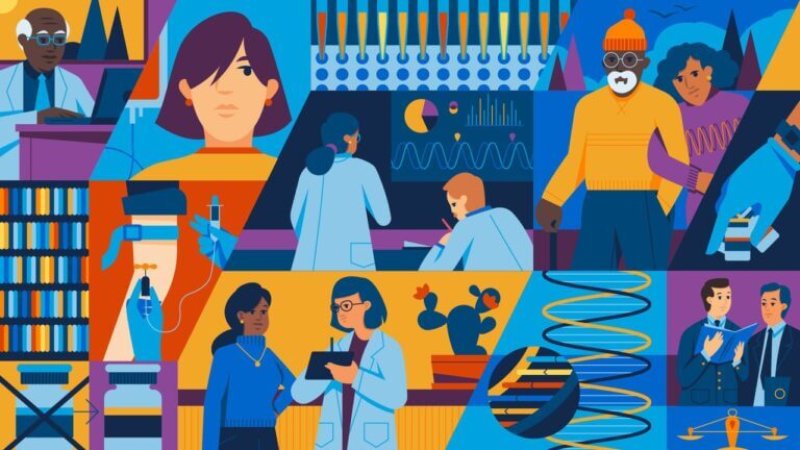For decades, until the turn of this century, treatment strategies for leukemia changed very little. Patients received chemotherapy, often with a combination of agents to eliminate cancerous white blood cells, followed by bone-marrow transplants to replenish healthy ones. They received these treatments regardless of age, gender or family history. The treatments were truly one size fits all.
Today, blood cancer specialists have options. We can take advantage of genomic testing to identify the specific genetic mutations that characterize a patient’s cancer, and offer new precision medications that target cancer-driving proteins. Together, this offers patients precision medicine targeted specifically to their cancer type.
We can also use detailed genetic information about each patient’s cancer to select the most effective treatment with the lowest possible toxicity — improving outcomes and quality of life, while decreasing and sometimes eliminating side effects.
What’s more, oncologists are now identifying obstacles to treatment using new data focused on the social determinants of health — non-medical factors in people’s lives that influence their health outcomes. When those obstacles are identified, they can be overcome to get people the care they need.
Combined, these new approaches mean that treatment is highly personized, more effective and easier for patients and their families to access and manage.































